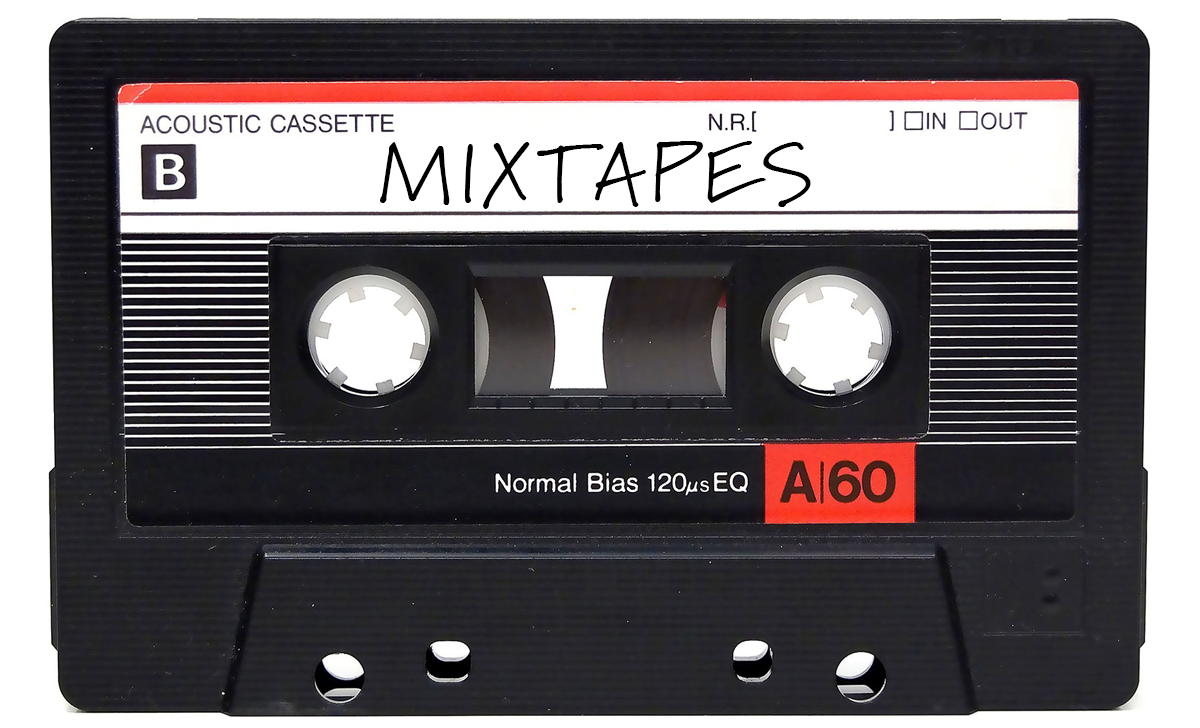
I come from a mixtape generation.
I was blessed with parents who gave me a radio/cassette player when I was 10 years old. I would be in my room for hours listening to what I could find on the limited number of radio stations I had living halfway between Atlanta and Chattanooga. Depending on the day, I could hear several country music stations, one top 40 station, the occasional NPR station, and WSB news and sports. Obviously, I didn’t enjoy everything that I heard, but it was a necessity to listen intently to every song so as to not miss the beginning of one of the songs I really enjoyed.
Then, I would hit record.
My mixtape sat in the bay of the tape deck for days, even sometimes weeks, as I waited for songs worthy enough to be preserved forever on my mixtape. Each tape encapsulated a certain period of time in my life – the time when I was putting together that particular mix.
As I got older, I became more sophisticated in my approach to mixtapes. I would record the songs, then I would use the second tape deck to put them in a certain order – one which, to my mind, told a story. Even later, one might spend a great deal of time and effort to make someone else a mixtape – a love letter from songs. And if you were to receive a mixtape from someone else, it was considered a grand gesture of affection.
Now, my children ask Alexa to play the song they want. They can put together a Spotify playlist in minutes.
It’s a different world, and because of this so much music (and any other knowledge) is available for immediate consumption. What a benefit this is, to be able to access huge repositories of music from centuries ago to the latest in any genre. But is this really a benefit?
Looking back, I believe the time spent between the songs I recorded helped give me perspective about the people who were around me. I grew up in quite a diverse community made up of ranchers, farmers, commuters, lawyers, doctors, and factory workers whose interests in music were as varied as the radio stations around me. It would have been a disastrous radio station that catered to my eclectic tastes. But the music around me gave me a better picture of those I didn’t know.
Making those mixtapes for someone else became a study of that person – what would they like and what would I like them to know about me. The time, effort, and thought helped me know myself better.
Like it or not, our society is not built on mixtapes or radio stations anymore. We turn on the Sirius channel or the podcast that thinks or sounds exactly like we want it to. Nothing really gives a broad representation of society – we all just find our own niche and stay in its boundaries. How much do we miss out on by not hearing what everyone else is listening to?
We as a people are polarized, both in the church and outside of it. We are called to be in the world but not of the world. Being not of the world denotes being set apart by God and our living now and forevermore for Him, but being in the world has purpose as well. If we are so removed from knowing what is in culture and what contrary thoughts to our own are being shared, how will we minister effectively to a world that desperately needs Jesus?
If you were going to “make a mixtape” for your neighbor, do you know them well enough to “pick songs” that would resonate with them?






